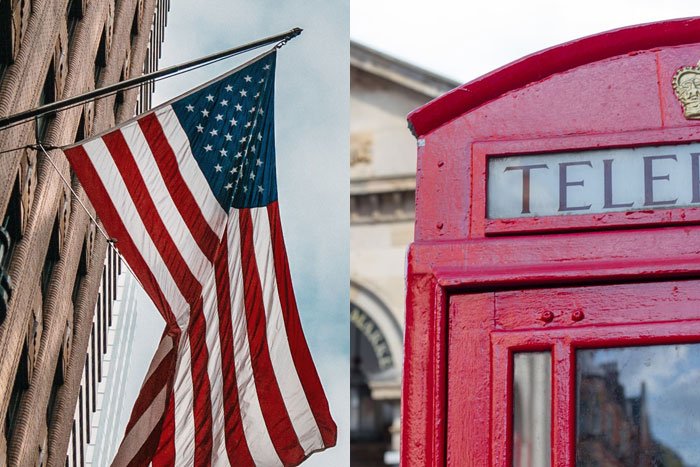
Why Local Knowledge Will Save You Time, Money and Your Reputation
April 5 2021
You may have seen the recent news coverage of US luxury brand Coach which recently angered its Chinese customers by featuring Hong Kong and Taiwan as countries on their English-language website, while Versace similarly having one of its t-shirt styles labelling Hong Kong and Macau the same way.
Then there’s the car manufacturers famous for product naming challenges such as the Chevrolet Nova (Spanish for “doesn’t go”), Rolls Royce’s Silver Mist (German speakers will know this meaning as “stream of urine”) and Ford’s US model Pinto (a slang reference to male genitals).
What exactly went wrong in these cases?
Allyson Stewart-Allen, British Business Excellence Awards Advisory Board member, is a renowned educator, advisor, author, speaker and Non-Executive Director whose expertise in brand internationalisation and creating in-company leadership development programmes is sought by global businesses.
A Californian based in Europe for over 30 years, Allyson applies her extensive international consulting experience, MBA education with Dr. Peter Drucker and languages (French, German) to the company she founded, International Marketing Partners.
She has advised more than 200 businesses in 26 countries including Aegis, BAE Systems, Burberry, Cadbury, Coach, HSBC, Lufthansa, NBC Universal, SAB Miller and Shell and serves as a Board member of the Chartered Institute of Marketing.
Customers Look Beyond Your Home Market
What should have happened in all of these cases is market research to ensure successful customer engagements happens from the start rather than fixing mistakes after they happen.
These mistakes are not limited to US companies. Others have similarly forgotten that they have customers in other parts of the world beyond their home market. Fashion brand Zara’s launch in the UK in the 1990’s led to them stocking the same number of smaller sizes of their womenswear in Britain but not enough of the sizes 10, 12, 14 and 16 to accommodate their local shoppers.
There are many good examples of companies that get this right, such as Volkswagen which adapted its US assembly lines for the Beetle. By moving the manual gear shift inside the car, they could fit the essential cup holder which Americans expect. McDonald’s has the MacKorma sandwich for their Indian customers and the MacArabia for the Middle East region. McVitie’s Digestives – a British sweet biscuit that goes with tea and cheese – ensured their packaging for the French market stated “C’est Anglais, mais c’est bon!” (It’s English, but its’ good!). Coca Cola varies the sweetness and carbonation levels for different countries given international palate differences, while feature films are often retitled depending on the meanings in different geographies. You may remember the different billboard advertisements from HSBC some years ago when it positioned itself as “the world’s local bank.” The grasshopper was a snack in some markets and a pest in others.
Local Knowledge is Key Factor to Your Success
So what can you and your teams do to ensure you can master brand travel?
First, do your homework. Invest the time and money to identify how well your concepts, service or product brand names and value proposition resonates outside your home market. Focus groups and qualitative research will identify early on what changes may be necessary.
Second, reduce the chances of group think by involving a more diverse set of people at the concept stage who bring new lenses on ways to solve your customers’ problems.
Finally, do some low-cost, low-risk testing by means of soft launches and in-market testing. This, like the market research, will flag significant problems before you execute a full rollout. As the tech sector observes, “fail and scale” is the best route to iterating for market readiness.
What this delivers for your business is on-the-ground knowledge which in the end, saves you and your business its reputation, lots of valuable time and especially money.
Allyson is author of both editions of best-selling book Working with Americans, the first-ever manual on the US business culture.

